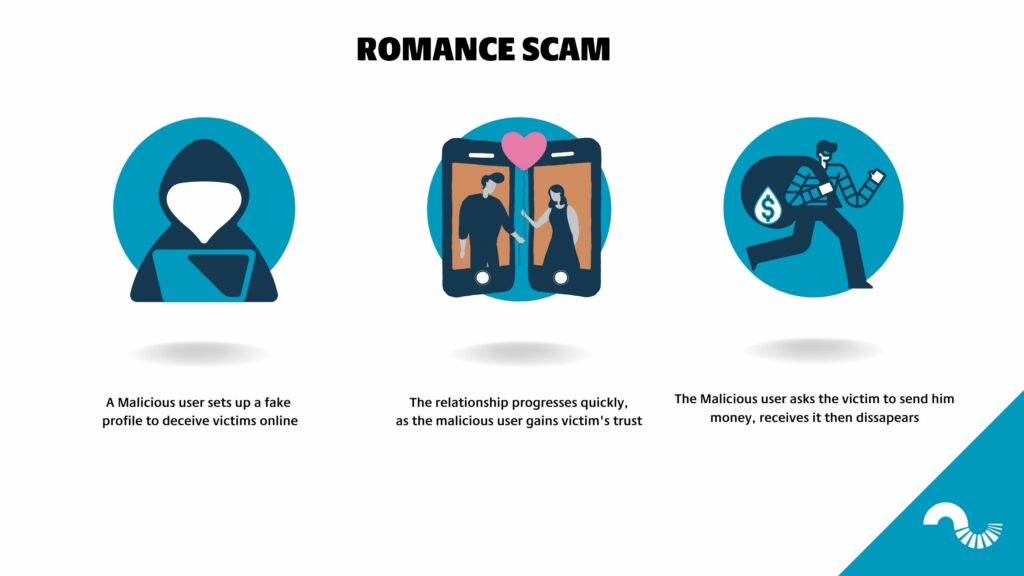The world of crypto moves at a lightning-fast pace. New coins, new projects, and new faces come and go just as quickly as you can say “Satoshi Nakamoto.”. But the fast-paced, world-changing innovation that crypto brings has a dark side that moves just as fast (the world of cryptocurrency scams). So how to avoid crypto scams?
Indeed, it seems that each new chapter of crypto’s development brings new kinds of fraud to the surface. The ICO boom of 2017 saw a host of fake token sales and exit scams; the introduction of more user-friendly crypto platforms in 2018 and 2019 saw an influx of phishing schemes. In 2020, the epic “DeFi summer” brought a wave of blood-sucking platform exploits.
How to recognize and avoid crypto scams?
Now that we’re nearing the end of 2021, the cryptocurrency scam landscape is shifting once again. The most common type of fraud? Social engineering schemes are designed to play on people’s relationships, emotions, and goodwill. After all, as cryptocurrency custody technology has advanced, the easiest way for malicious actors to take people’s money isn’t to hack into an exchange or exploit a DeFi protocol. Instead, social engineering scams trick people into giving their money away.
Here are today’s most common crypto scams and how to identify and avoid them.
1. Fake Celebrity Endorsements
Since the beginning of bitcoin, people have taken to social media to impersonate celebrities and trick people into giving away their precious cryptos. Today is no different, and social media crypto scams are rising. According to a study conducted by Action Fraud, the amount of money reported lost to cryptocurrency fraud in the first ten months of 2021 was nearly one-third higher than for the whole of 2020 and social media scams were the primary culprit.
Bogus celebrity endorsements appear to remain the primary way that scammers use social media to steal coins from unsuspecting investors. They’ll create fake advertisements with celebrities’ names and faces, claiming that the celebrity is backing an investment product. The scammer then takes the money and runs.
While social media companies have attempted to crack down on scammers, there are some instances when fake celebrity endorsements have gotten way out of control. One famous instance in 2019 saw Dutch billionaire John de Mol file a lawsuit against Facebook for allowing fake ads that his name and image to advertising a bitcoin scam.

Of course, there are some cases when celebrities have endorsed real crypto investment products, though the ethics of these endorsements is somewhat questionable. It can be challenging to figure out which endorsements are real and fake. However, crypto scams are characterized by a single fatal flaw: they always promise something too good to be true. For example, when a teenaged boy hacked the Twitter accounts of some of the world’s biggest politicians, celebrities, and companies, he offered people who were willing to send their bitcoins an immediate 200% return.
If you’re unsure whether a celebrity endorsement is real, always do plenty of research. No matter what kind of investment you’re making, never spend more than you can afford to lose.
2. Romance Scams
Financial scams involving fake romances have been around for a long time. Everyone’s heard of the person who fell for a prince in some faraway land who only needed $45,000 to rescue his kingdom and come to marry his “beloved.”. But the story doesn’t have a happy ending: after the scammer gets the cash they need, they grab the bag and run. Or worse, stick around to see how much more they can squeeze out of their victims.

The scammers who engage in are particularly malicious because of their tendency to target vulnerable people. People who may be elderly, lonely, or unwell. Adding cryptocurrency into the mix can make this type of scam especially tricky. While bitcoin’s pseudonymous nature can make it easy to trace, privacy-oriented coins can make it particularly difficult to discover who’s “behind the mask.”
Hopefully, you haven’t encountered this type of scam. However, scammers tend to target the elderly—check-in on your elderly friends and neighbors to ensure that no one asks them to send crypto online.
3. Fake Livestream Events
Fake Livestream events are a relatively new phenomenon in the crypto scam landscape. But despite their recent appearance, they’ve quickly become popular. Fraudsters steal footage from real Livestream events and add a call-to-action for people to make donations or otherwise send their crypto.
The fake video gives the scammers some credibility. CNET recently reported that Tim Dodd, creator of the Everyday Astronaut YouTube channel, clicked on what he thought was a Livestream of YouTube of SpaceX’s historic Inspiration4 launch. Instead, Tim saw himself. Someone had stolen footage from his video tour of SpaceX’s rocket facilities in Texas with Elon Musk. Along with the video, the scammer had added a fake bitcoin fundraiser for St. Jude Children’s Hospital.
This fake fundraising scam is just one in hundreds or, more likely, thousands of fake crypto live streams. And they don’t always have a charitable theme: scammers stage everything from fake giveaways to sham investment sites; scammers use YouTube, Twitter, and other social media sites to lure in potential victims.
4. Fake Cryptocoins: how to avoid crypto scams?
With the rising popularity of DogeCoin, Shiba Inu, and other “meme coins,” it’s not exactly shocking to see new cryptocurrencies popping up with ridiculous names and themes all the time: for example, TrumpCoin (TRUMP), PutinCoin (PUT), Unobtanium (UNO), Useless Ethereum Token (UET), and Mooncoin (MOON) are all real tokens. And because many legitimate coins have playful subjects, it can be very difficult to determine which coins are real and which are not.
The best way to avoid fake coins is to do plenty of research. If you’re interested in investing in a project, make sure it’s been created by real, identifiable people. And be aware that fraudsters take advantage of what’s trending: for instance, in early November, Twitter flagged accounts that appeared to be associated with a Squid Game-themed coin that cheated buyers out of more than $2 million by exploiting enthusiasm for the Netflix phenomenon.
Stay safe out there!
If you’re ever unsure whether an offer is too good to be true, it probably is. Whenever you’re making an investment decision, learn as much as possible about what you’re about to buy into. To learn more about the cryptocurrency landscape, check out our blog.
